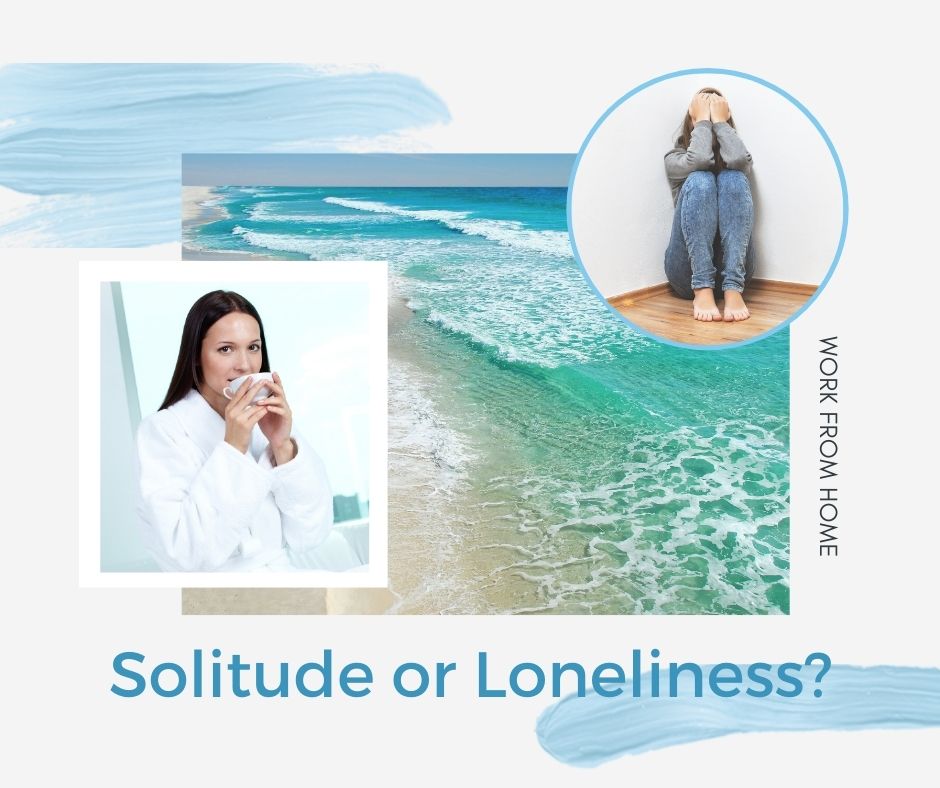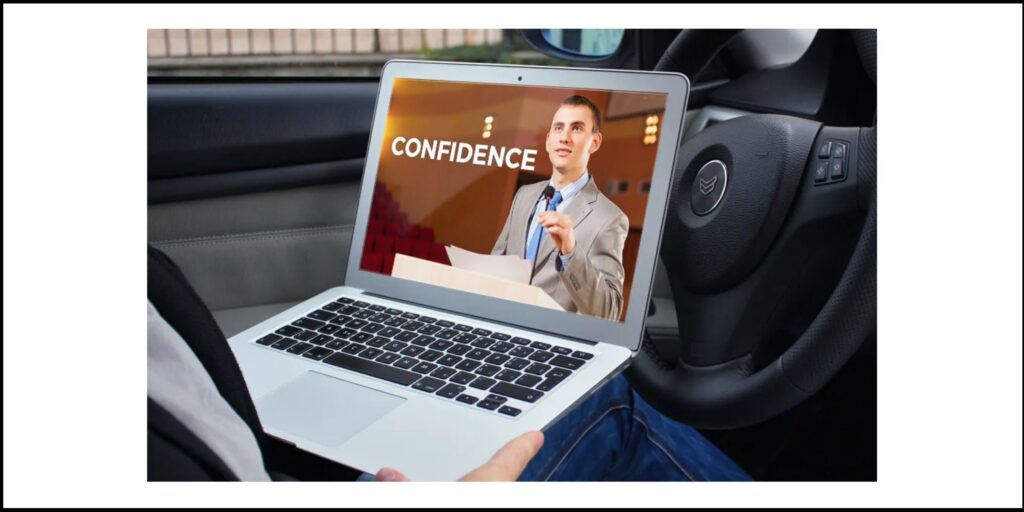How do you feel about working from home? Do you enjoy the solitude or do you feel loneliness? The two appear similar but the feelings each evokes are completely different. I’m sharing this excellent article about working from home as the Covid-19 pandemic has affected the way we all work and the content provides insights into how we can all cope during this challenging year.
This article was originally published in bloomberg.com on 28 October 2020. Written by Sarah Green Carmichael.
“The ‘Great Work From Home Experiment of 2020’ has gone on for nearly eight months, and preliminary results are coming in. Overall, surveys suggest that most of us like it most of the time, except for one thing: We feel lonely.
“Camaraderie” is the No. 1 thing people look forward to about an eventual return to the office. “Loneliness” is often at the top of the list of downsides to work from home.

Feeling lonesome is not only a side effect of working from home. Our social interactions outside work have also been curtailed. Normally, a teleworker can liven up her day with coffee-shop meetings or dinners with friends. Not during a pandemic. Nor are we working remotely entirely by choice right now. Many are banished.
If you’re an extrovert, a manager, someone who loves their job or someone with particularly wonderful coworkers, you probably feel the weight of loneliness especially heavily at the moment, says Gianpiero Petriglieri, an associate professor at the business school INSEAD and author of a recent Harvard Business Review article, “In Praise of the Office.”
We should remember that this isn’t a universal experience. “There’s a whole bunch of people who felt oppressed, miserable, silenced, invisible at the office,” Petriglieri says. “And if you ask them, I don’t think they say, ‘Oh, I feel so lonely.’”
Those of us feeling lonely are more likely to be the lucky ones — the ones who fit into the company culture and get to be our authentic, best selves at work.
Those who hold a modicum of power over other people may be especially afflicted. Managers and leaders get affirmation from having their teams around them; it’s a tangible reminder of their status. So different when you work from home.
Leading remotely thus might not be as rewarding as the real thing. At the same time, managers feel no less pressure to deliver for their own bosses. And as Jane Austen once wrote, “to flatter and follow others without being flattered and followed in turn is but a state of half enjoyment.”
Behind the arch language is a human truth: Everyone needs to feel valued. For some, that occurs more easily in the office.
Some of us might also feel lonely for their past selves who used to stride purposely off the train in the morning, dressed in work clothes. Maybe we didn’t always like being that person, but after an absence she is missed.
Time away from colleagues might also give them a rosy glow. It’s easy to forget a coworker’s annoying heavy sighs or insistence on microwaving fish.
With virus cases on the rise, especially in Europe and the U.S., it seems unlikely that many people will be heading back to the office soon. But there are ways to make the winter bearable. Just look to the example of gig workers, who are officeless by definition.
Research that Petriglieri has conducted with Susan Ashford and Amy Wrzesniewski has found that the people who are happiest having an independent career spend the most time building connections: to people, a routine, a sense of purpose and a workspace.
The thing about the office, Petriglieri says, is that it offers those four connections as a bundle. “And as with any bundle, it wasn’t perfect, right?” he asks. But it was convenient. Creating connections independently takes more effort. A casual chat via video call takes some planning.
Creating a poor facsimile of the office — perhaps by lining up a day of back-to-back Zoom calls — isn’t the way to get through this isolated time. That will only remind us of all that we’re missing.
Paradoxically, a better way forward might be to accept that work relationships, as well as our relationship to work itself, are different now.
“What’s the difference between loneliness and solitude?” Petriglieri asks, before answering his own question. “One is a state of deprivation, and the other is a state of fulfillment.”
He’s not suggesting we paint a happy face over our mixed feelings about this time. But it is a good reminder that being alone doesn’t have to be lonely.
The pandemic may have erased our ability to run into one another at the coffee machine, but it’s also provided more insight into our coworkers’ personal lives — their piles of laundry, their keyboard-obsessed cats, their kids. That’s a pandemic reality to embrace now, and one day carry with us back to the office.”
How do you feel about working from home and how do you feel about returning to the office environment again? I’d love to hear your thoughts.

To build your self confidence and to help you manage stress during challenging times, ‘How to Build Confidence‘ is an online program that will enable you to identify your stressors and take you step by step to overcome stressful times and develop the resilience to bounce back.

